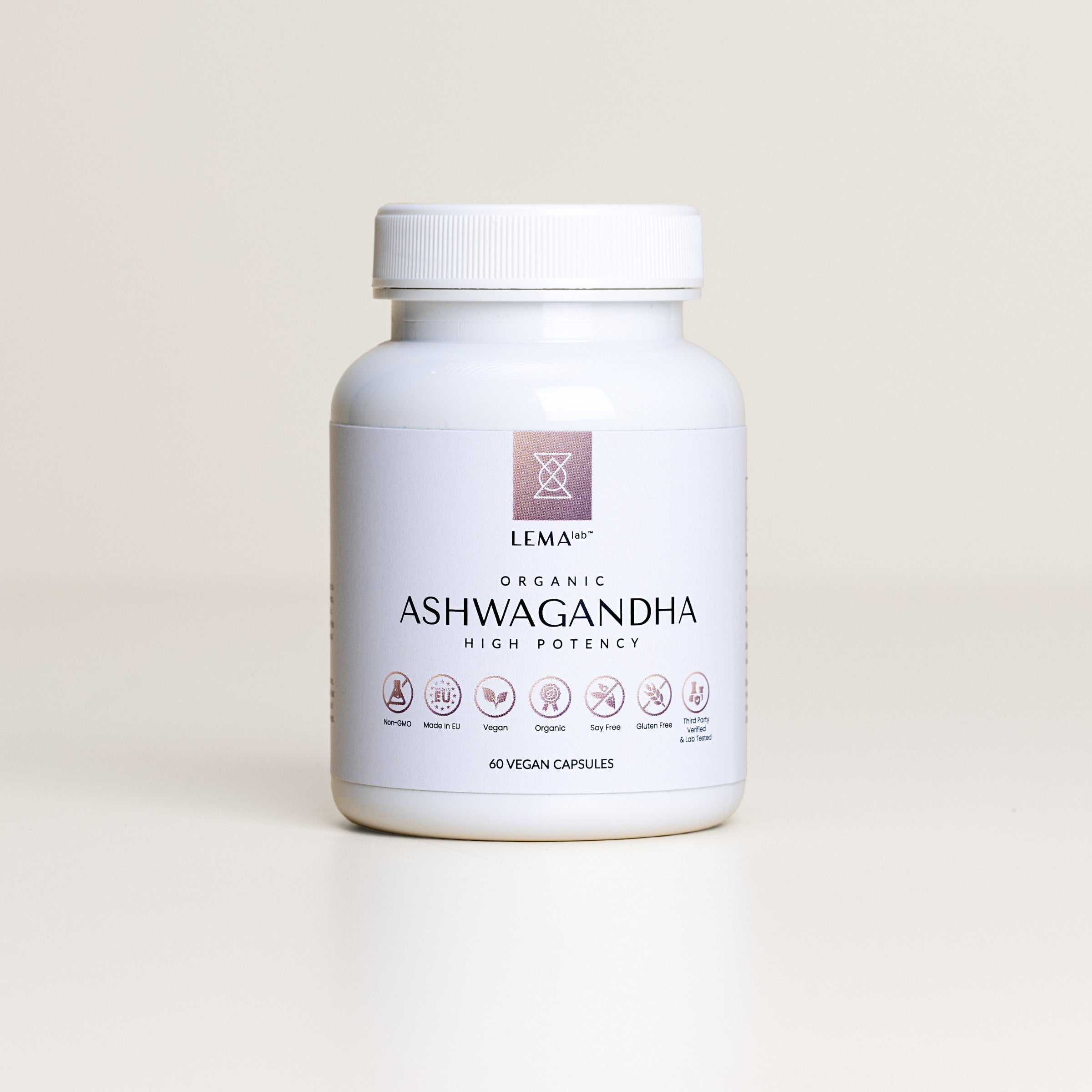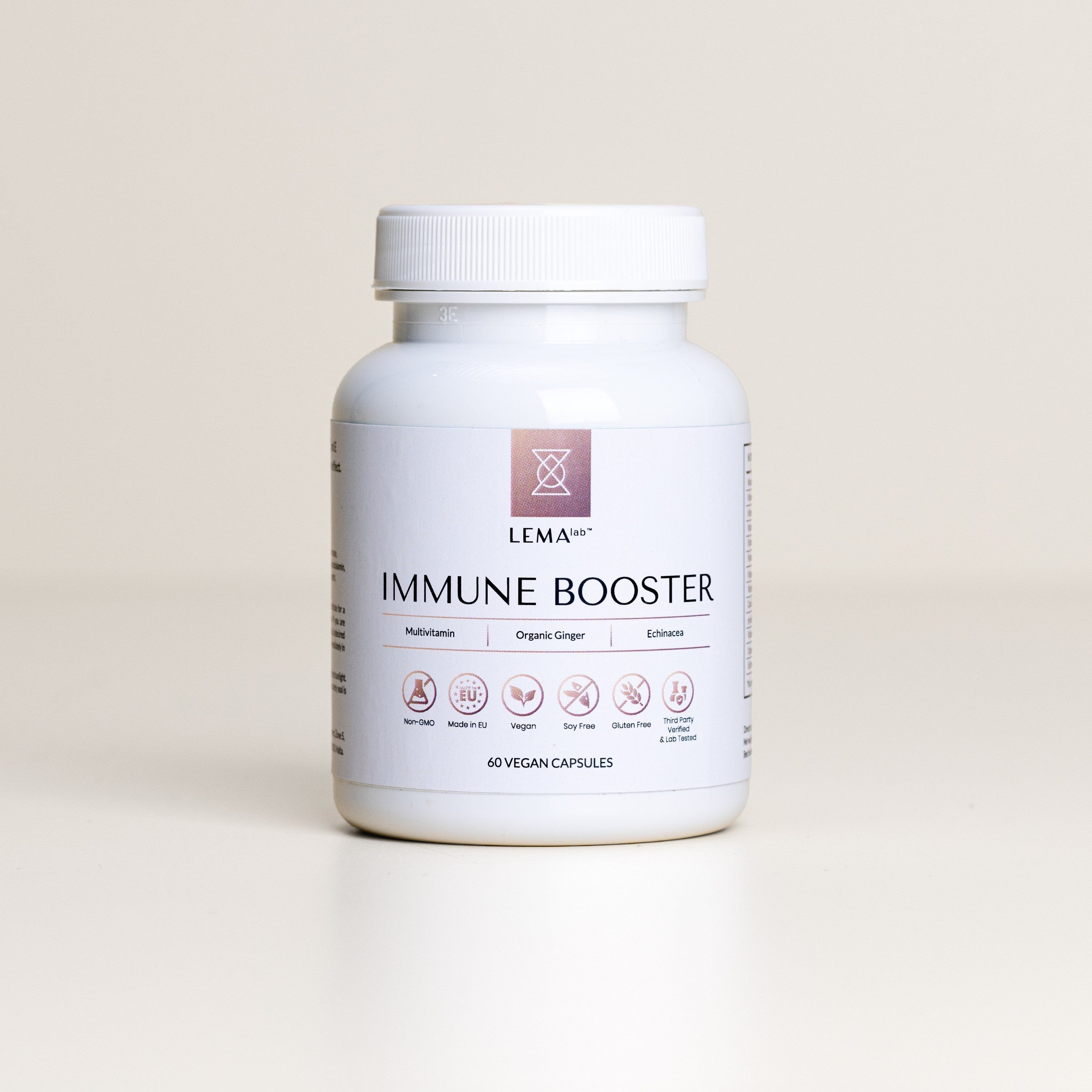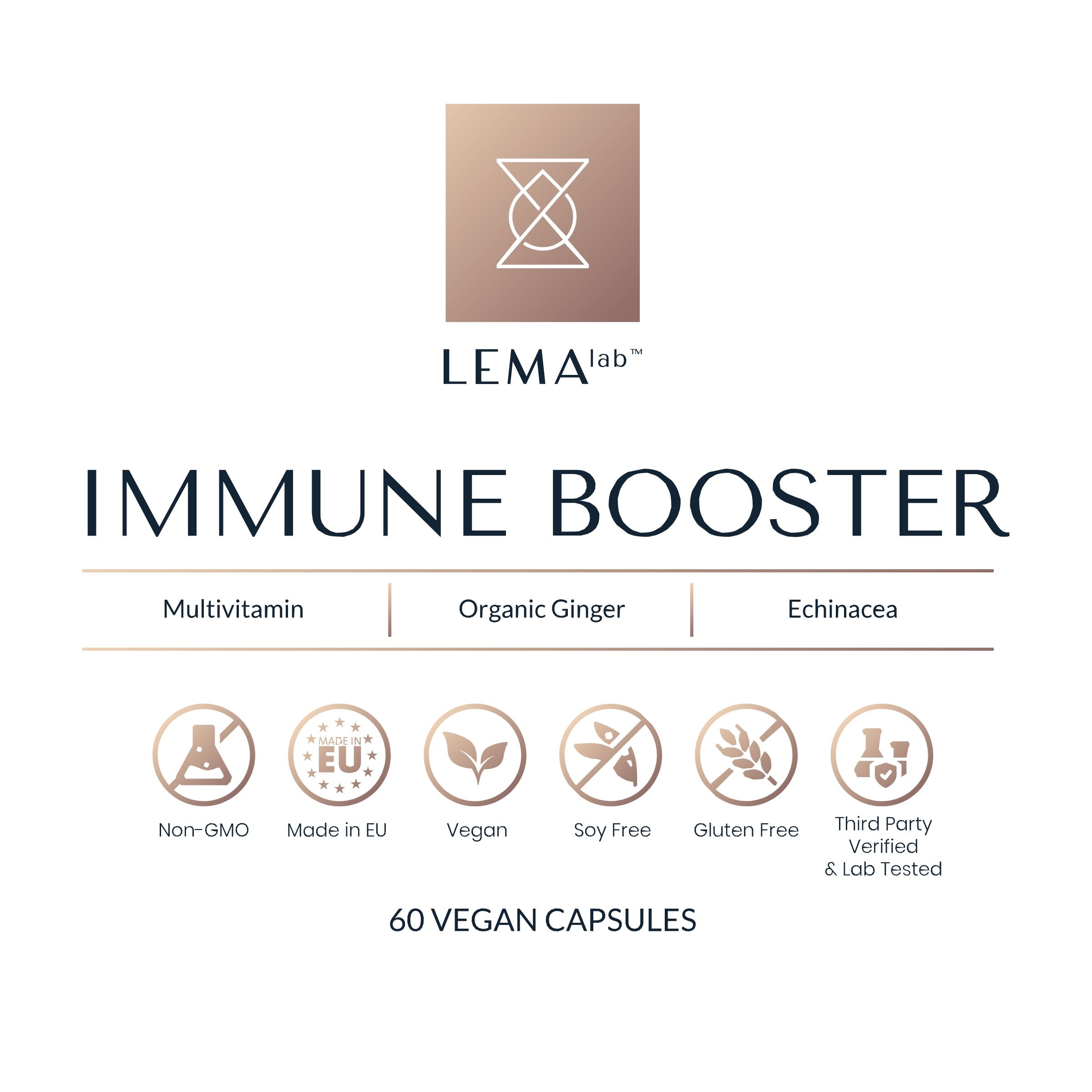
ARE YOUR VITAMIN B LEVELS TOO LOW? (AND WHY IT MATTERS)
The Vitamin B complex is a collection of eight micronutrients with particular roles in supporting the human body's processes. They are responsible for keeping cellular health at the most optimum level and engineering the energy supply needed for the body to function. Vitamin B predominantly goes into the body through our diet.
However, some foods have high levels of several B vitamins, and some are enriched with a specific vitamin B. Therefore, you have to eat a balanced diet to get all the body's nutrients.
This article discusses Vitamin B requirement and its utility in maintaining your health, the leading causes of vitamin B deficiency and the symptoms. And finally, populations at risk and the treatments for vitamin B insufficiency.
DEFICIENCY AND VITAMIN SUPPLEMENTS
When the body doesn't receive a proper amount of vitamins, it faces a deficiency. B vitamin is not manufactured in the human body; people must consume it. Vitamin B group components do not create energy in the human body—it is a false claim many supplement manufacturers make. However, the body cannot feel energetic without sufficient vitamin B.
The main reason is that these B vitamins are involved in metabolizing several primary nutrients like carbohydrates, protein, and fats—which create energy by combining phosphate with certain phosphorylated nitrogenous bases. In addition, specific B vitamins help DNA synthesis and make new DNA in the cells.
Vitamin supplements are not always necessary to fulfil the deficiency. According to their types, vitamin B's have different requirements in the human body—often in the microgram level—which is well adjusted by the food we eat. Any surplus vitamin will be collected in the kidney and excreted through urine.
So, it might be best to test vitamin B blood markers or look for deficiency signs before consuming vitamin B supplements—for your health and your pockets.
SOURCES OF VITAMIN B
There are several foods we eat in our daily lives that can fulfil the requirement of vitamin B. Many fruits and vegetables fall in this category—wholemeal cereal grains, seeds (especially sesame seeds), legumes, wheat germ, nuts, different kinds of meats, milk, yoghurt, cottage cheese, whole-grain bread, cereals, eggs, leafy green vegetables, and several others.
Food processing can lower the amount of B-group vitamins in foods by either disrupting them or removing the parts containing the most B-group vitamins (for example, in the manufacturing process of white flours, white bread, and white rice). This process is one of the reasons these refined food versions are less beneficial than their whole-grain counterparts.
POSSIBLE CAUSES FOR VITAMIN B DEFICIENCIES
B vitamin deficiency is caused by several reasons—primarily the consumption of an unbalanced diet. As people must take B vitamins from outside the body—it is essential to maintain the balance of the different vitamins. The other reasons for this deficiency are listed as follows;
—Excessive alcohol consumption
Alcohol flushes out the vitamins present in the kidney quicker than the usual rate, so they don't get a chance to reabsorb.
—Various medications
Some medicines increase the probability of vitamin B deficiency, so you should be even more vigilant if you are taking these medicines and observe some of these symptoms. Here are 3 common deficiencies enhanced by common medications:- Vitamin B6 deficiency: anticonvulsants, isoniazid, hydralazine, and corticosteroids.
- Vitamin B9 deficiency: trimethoprim-sulfamethoxazole, phenytoin, methotrexate, and sulfasalazine.
- Vitamin B12 deficiency: antacids, metformin, proton pump inhibitors (PPIs), long-term antibiotics, and antidepressants.
B vitamins are absorbed through the intestine into the bloodstream and carried to the cells. However, in any gut condition that hinders these processes—like Crohn's disease, ulcerative colitis, or Celiac disease—the vitamin B is not absorbed correctly in the bloodstream, resulting in a vitamin B deficiency.
THE SYMPTOMS OF VITAMIN B DEFICIENCY
The chemical nature of the vitamins is different, and they play different roles in the body's metabolism. However, their deficiency symptoms may overlap, so it's better to consult your physician to know the exact cause. The most common is vitamin B12 deficiency. Because it is needed to convert carbohydrates into glucose in the body, helping energy production, most people with a vitamin B12 deficiency will feel fatigued and lethargic. Here are different symptoms of vitamins B insufficiencies:
|
Vitamin B name |
Chemical name |
Symptoms and frequency |
|
Vitamin B1 |
Thiamin |
Confusion, lethargy, fatigue irritability, poor arm and leg coordination, and muscle weakness. |
|
Vitamin B2 |
Riboflavin |
Rare and occurs with other vitamin issues. |
|
Vitamin B3 |
Niacin |
Dementia, diarrhoea and dermatitis, may be fatal if untreated. |
|
Vitamin B5 |
Pantothenic acid |
Extremely rare due to easy availability. |
|
Vitamin B6 |
Pyridoxine |
Rare but alcohol consumers, contraceptive takers, and thyroid disease patients are most affected. |
|
Vitamin B7 |
Biotin |
Very rare due to its wide distribution in foods and small amount requirement. |
|
Vitamin B9 |
Folate or folic acid |
Anaemia, shortness of breath, especially important for pregnant women. |
|
Vitamin B12 |
Cyanocobalamin |
Paraesthesia, fatigue, weakness, mouth sores, mood changes, blurry vision, loss of breath, dizziness, and pale skin. |
WHO IS AT RISK AND THE TREATMENTS
Researchers have found that nearly 40 percent of the United States population is vitamin B deficient with a higher incidence for those with a strict vegetarian diet, pregnant women, older people and patients with Crohn’s and Celiac disease.
Vitamin deficiencies are important developments in the human body that one can cure with simple steps like consuming a balanced diet and controlling one’s alcohol intake. Get your vitamin B levels checked and if they are not right, the good news is that supplementing with a clean source of Vitamin B complex is rather efficient in getting your levels fixed.

Look for a clean source coming from a trusted brand. LEMAlab's IMMUNE BOOSTER is a unique combination of B-complex, C and E vitamins, organic ginger and echinacea for a strong immune and antioxidant effect. These premium micronutrients have been carefully picked to provide your body with the essential nutrients it needs to fight everyday stressors and environmental factors that can threaten your health.














Leave a comment
This site is protected by hCaptcha and the hCaptcha Privacy Policy and Terms of Service apply.